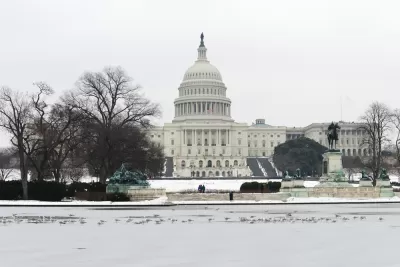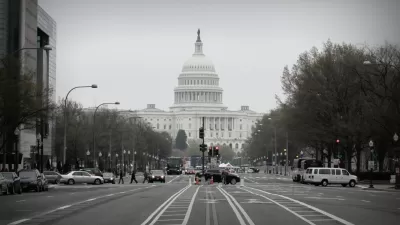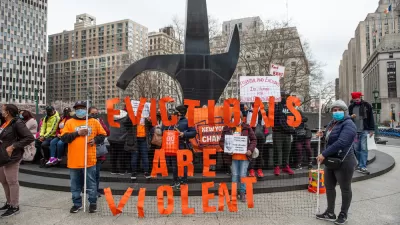A research brief published recently by the Urban Institute provides insight into debt accruing among renters during the pandemic and what governments need to do to relieve the pressure.

Recent analysis published by the Urban Institute says direct cash payment included in the $900 billion economic stimulus package approved by Congress in December 2020 will come up well short in relieving the economic stress facing renters during the pandemic.
Using data from the Bureau of the Census Household Pulse Survey, the Bureau of Labor Statistics' Consumer Expenditure Survey, credit bureau Equifax, and other sources, report authors Jim Parrott and Mark M. Zandi expect that as of the January rent payment, and prior to the distribution of renter assistance funds from the Emergency Relief Act of 2020, there will be over 10 million delinquent renters in the United States.
The typical delinquent renter will be almost four months and $5,600 behind on their monthly rent and utilities, with another $50 per month of late-payment penalties. All told, this comes to about $57 billion in total owed by those behind on their monthly payments.
The stimulus checks will only provide partial relief from this collective debt, according to Parrott and Zandi's calculations:
The package passed will help some 3.5 million renters pay back rent and utilities by the time February rent payments are due. While meaningful, this still leaves us with 6.8 million delinquent renters owing $34 billion, a significant amount of financial stress that is sure to increase as the pandemic continues to rage and the economy continues to struggle. The result will be a three-fold increase in evictions over typical levels.
To fill that huge gap, the report recommends the $30 billion for renter assistance and $5 billion to help relieve the strain of homelessness included in the Biden administration's proposed $1.9 trillion relief package as "exactly what is needed to give this vulnerable population a bridge to the other side of the economic crisis…"
The report also puts some of the responsibility for the effectiveness of that relief package on local and state policymakers. "Many states- particularly larger ones- already have a well-developed infrastructure for distributing relief like this, so should be able to manage the effort quickly and effectively. Others will have to develop much of their infrastructure from scratch," according to the report.
FULL STORY: Averting an Eviction Crisis

Planetizen Federal Action Tracker
A weekly monitor of how Trump’s orders and actions are impacting planners and planning in America.

San Francisco's School District Spent $105M To Build Affordable Housing for Teachers — And That's Just the Beginning
SFUSD joins a growing list of school districts using their land holdings to address housing affordability challenges faced by their own employees.

The Tiny, Adorable $7,000 Car Turning Japan Onto EVs
The single seat Mibot charges from a regular plug as quickly as an iPad, and is about half the price of an average EV.

As Trump Phases Out FEMA, Is It Time to Flee the Floodplains?
With less federal funding available for disaster relief efforts, the need to relocate at-risk communities is more urgent than ever.

With Protected Lanes, 460% More People Commute by Bike
For those needing more ammo, more data proving what we already knew is here.

In More Metros Than You’d Think, Suburbs are Now More Expensive Than the City
If you're moving to the burbs to save on square footage, data shows you should think again.
Urban Design for Planners 1: Software Tools
This six-course series explores essential urban design concepts using open source software and equips planners with the tools they need to participate fully in the urban design process.
Planning for Universal Design
Learn the tools for implementing Universal Design in planning regulations.
Smith Gee Studio
City of Charlotte
City of Camden Redevelopment Agency
City of Astoria
Transportation Research & Education Center (TREC) at Portland State University
US High Speed Rail Association
City of Camden Redevelopment Agency
Municipality of Princeton (NJ)





























